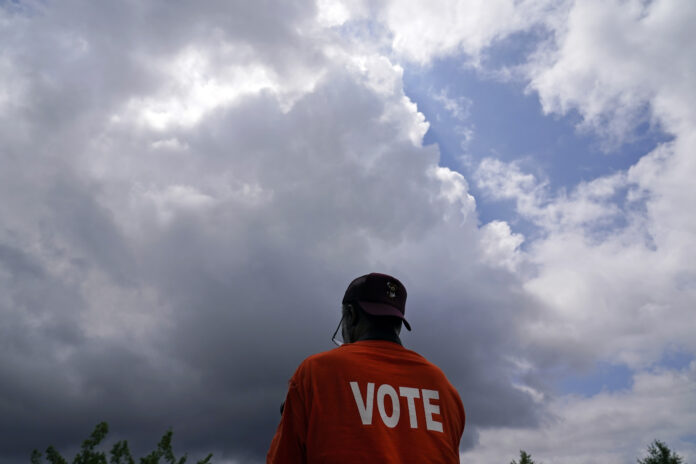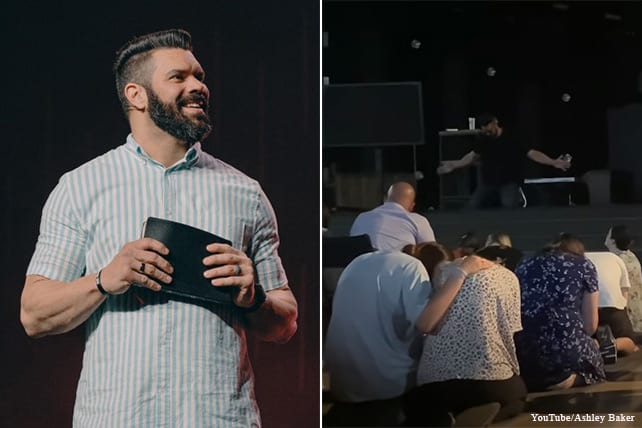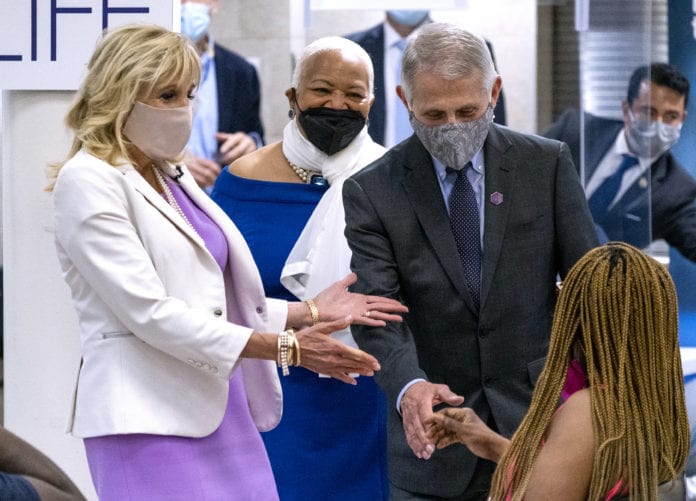Dwight McKissic says he will leave the SBC if Resolution 9 is rescinded.
When one reflects on the history and current reality of systemic injustice in America, there are some tenets that have been handed down to us that are beneficial in discussing and assessing structural racism in America. Structural racism in America today is not as potent and prevalent, or as visible and vicious as it was in previous generations, but it still exists. Therefore, it must be prophetically, educationally, and legally addressed and readdressed. We see it present in real estate appraisal differences based on color, prison sentencing differences based on color, job hiring discrimination toward names indicative of minority ethnicities, school discipline disproportional meted out toward minorities, income and net worth disparities that are generationally impacted, etc.
What are some tenets that have been handed to us that can inform society in grappling with structural racism today?
Let me identify just three:
1. The value of storytelling.
Many Americans are simply unaware of the racial atrocities of the past, that have an economic impact on today, regarding passing on generational wealth. The 1921 Black Wall Street in Tulsa, OK, was a massacre of 300 African Americans and the destruction of their buildings and businesses by an angry White mob over an alleged sexually inappropriate contact between a young Black male and White female. The White female refused to press charges; and the Black male was released after several months in jail. Yet, vigilante justice ruled. The most vital economic center for Blacks in America was destroyed, and insurance companies refused to make them whole. Not one arrest was made, for the White Tulsa citizens, who perpetrated this vicious and violent act. Similar stories can be repeated in at least 19 other southern cities.
An 88-year-old man in my congregation, with tears in his eyes, told me the story of being physically and sexually violated by a White male in a rural area, of a southern state he was raised in. When I asked him if he reported this incident to the law at the time, he said, No! Because law enforcement at the time in America would arrest you if you reported a White person violated you sexually. He has simply had to live with the pain and shame. All the White pastors and the Council of Seminary Presidents have never had to listen to such stories. Every SBC Black pastor have people in their congregations with similar stories. We dare not allow the SBC to devalue, regulate, or invalidate the stories of our people due to their misunderstanding and biases against a theory designed to acknowledge the value of telling these stories.
2. The value of recognizing and including diverse people racially in all aspects of American society.
We learn from the past that if we exclude persons on the basis of race, it prohibits a segment of America from contribution to society at large in a way that is beneficial to all. Can you imagine baseball without Jackie Robinson, Willie Mays, and Hank Aaron? Can you imagine golf without Tiger Woods or Lee Elder? Can you imagine historical theological contributions without J. Deotis Roberts, James Howard Thurman, James Cole, Tony Evans, or Martin Luther King, Jr.? Can you imagine the American church landscape without the AME Church, founded by Richard Allen, and the Pentecostal churches and the Church of God in Christ, whose roots can be traced back to William J. Seymour, Charles Harrison Mason, and C.P. Jones? Even the Assembly of God roots spawn from these movements.
Can you imagine the suffrage movements without Sojourner Truth, traveling across the country preaching “Ain’t I a Woman?”















